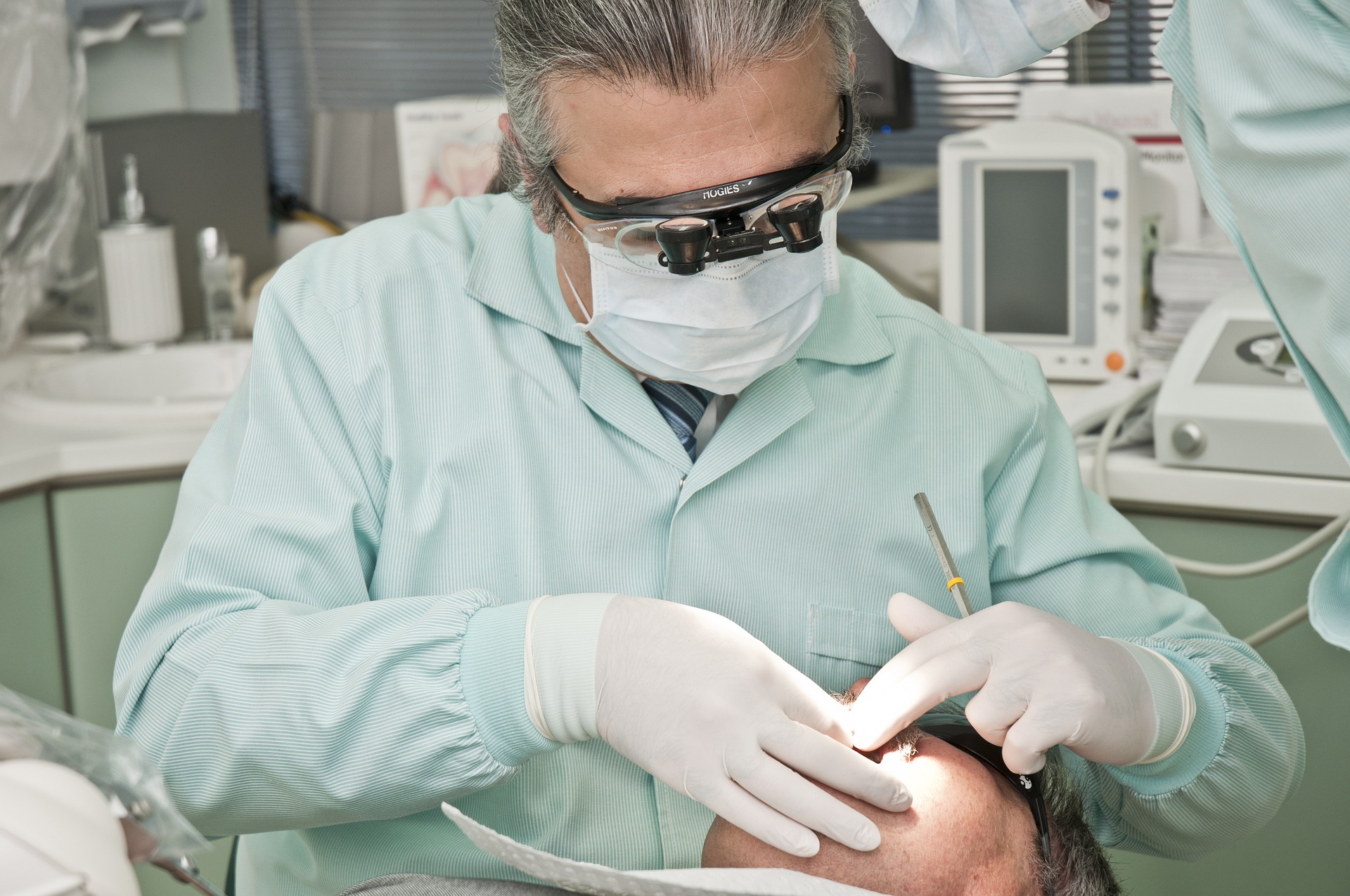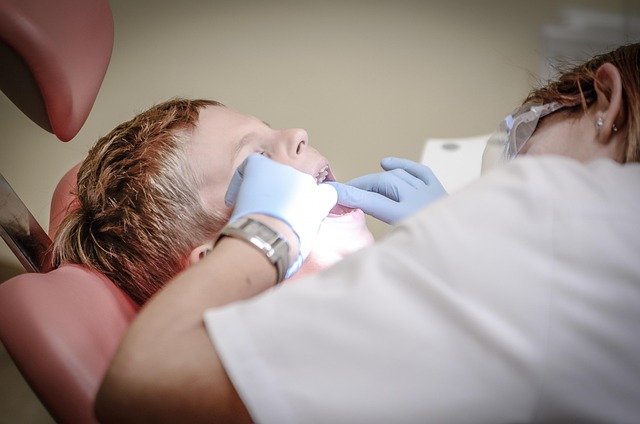Dental Implants Through HSE Dental Scheme: Complete Guide
In Ireland, dental implants through the HSE are typically reserved for patients with serious clinical needs. This guide helps you understand who qualifies, how to get referred, what documentation is needed, and what happens if your request is denied.

Eligibility for HSE-Funded Dental Work
The HSE dental scheme in Ireland provides free or subsidized dental care to specific groups, including medical card holders, children under the Dental Treatment Services Scheme (DTSS), and certain social welfare recipients. However, eligibility for dental implants under HSE funding is extremely restricted. The scheme primarily covers basic and emergency dental treatments such as extractions, fillings, and dentures. Dental implants are generally classified as cosmetic or elective procedures and fall outside standard HSE coverage. Exceptions may exist in cases of severe trauma, congenital conditions, or medical necessity where implants are deemed essential for oral function, but these require extensive clinical justification and specialist assessment.
To qualify for any HSE dental support, you must hold a valid medical card or be registered under specific schemes. The medical card provides access to public dental services through HSE clinics, though availability varies by region and waiting times can be substantial. Even with eligibility, patients should understand that implant treatment is rarely approved without exceptional clinical circumstances.
Referral Pathway Through Public Clinics
Accessing dental implants through the HSE system requires navigating a structured referral pathway. The process typically begins with your general dentist or GP, who assesses your oral health condition and determines whether your case warrants specialist intervention. If deemed medically necessary, you may receive a referral to a consultant oral surgeon or maxillofacial specialist within the public hospital system.
The referral must include comprehensive documentation justifying why implants are essential rather than cosmetic. This includes detailed clinical reports, radiographic evidence, and an explanation of why conventional alternatives like dentures or bridges are unsuitable. Once referred, patients join waiting lists that can extend from several months to over a year, depending on the hospital and the urgency of the case. Public dental hospitals in Dublin, Cork, and other major cities handle complex cases, but capacity constraints mean only the most critical situations receive implant treatment through HSE channels.
Typical Costs Not Covered
While the HSE covers basic dental care for eligible individuals, the vast majority of implant-related expenses fall outside this coverage. A single dental implant in Ireland typically costs between €2,000 and €3,500 in the private sector, with the total treatment cost varying based on the number of implants needed, the complexity of the case, and any additional procedures such as bone grafting or sinus lifts.
Under the HSE scheme, patients approved for implants in exceptional circumstances may have surgical costs covered, but ancillary expenses often remain the patient’s responsibility. These can include diagnostic imaging, temporary prosthetics, crown fabrication, and follow-up appointments. Even in medically justified cases, patients should expect to contribute financially to aspects of their treatment.
| Service Component | Typical Private Cost | HSE Coverage Status |
|---|---|---|
| Single Implant Placement | €2,000 - €3,500 | Rarely covered |
| Bone Grafting | €500 - €1,500 | Not typically covered |
| Implant Crown | €800 - €1,500 | Not covered |
| Full Mouth Reconstruction | €15,000 - €30,000 | Exceptional cases only |
| Diagnostic Imaging (CT Scan) | €150 - €300 | May be covered if referred |
Prices, rates, or cost estimates mentioned in this article are based on the latest available information but may change over time. Independent research is advised before making financial decisions.
Required Clinical Reports
For any possibility of HSE-funded implant treatment, extensive clinical documentation is mandatory. The referring dentist or specialist must provide detailed clinical reports that establish medical necessity beyond aesthetic concerns. These reports typically include a comprehensive medical and dental history, evidence of bone loss or jaw deterioration that impacts function, documentation of failed previous treatments, and radiographic studies such as panoramic X-rays or cone beam CT scans.
The clinical justification must demonstrate that dental implants are the only viable solution for restoring oral function, preventing further health complications, or addressing trauma-related damage. Cases involving cancer treatment, congenital abnormalities, or severe facial trauma have a higher likelihood of approval. The assessment process involves multiple consultations and may require input from several specialists before a decision is reached.
Alternatives to State-Funded Implant Treatment
Given the limited availability of implant coverage through the HSE, most Irish patients explore alternative options. Private dental insurance may offer partial coverage for implants, though policies vary significantly and often impose waiting periods or annual limits. Some insurers provide benefits ranging from €500 to €2,000 per implant, which can offset but rarely covers the full cost.
Financing plans offered by private dental practices allow patients to spread treatment costs over 12 to 36 months, making implants more accessible without upfront payment. Medical credit providers in Ireland specialize in healthcare financing with competitive interest rates.
For those seeking more affordable options, dental tourism to countries like Hungary, Poland, or Turkey has become increasingly popular, with implant costs typically 40-60% lower than Irish prices. However, this approach carries risks including limited recourse for complications and the logistical challenge of follow-up care.
Traditional alternatives like removable dentures or fixed bridges remain viable options under HSE coverage for eligible patients. While these solutions lack the permanence and functionality of implants, they provide effective tooth replacement at significantly lower cost and are routinely covered for medical card holders.
Understanding Your Options
Navigating dental implant treatment through the HSE system requires realistic expectations and thorough preparation. The public healthcare system prioritizes essential and emergency dental care, with implants reserved for exceptional medical circumstances. Most patients will need to pursue private treatment or explore alternative funding mechanisms.
Before committing to any treatment pathway, consult with both your HSE dentist and private practitioners to understand all available options. Request detailed treatment plans, cost breakdowns, and realistic timelines. If pursuing HSE-funded treatment, be prepared for lengthy waiting periods and the possibility that your case may not meet the criteria for approval.
Understanding the limitations and requirements of the HSE dental scheme empowers you to make informed decisions about your oral health and explore the most appropriate treatment pathway for your individual circumstances.
This article is for informational purposes only and should not be considered medical advice. Please consult a qualified healthcare professional for personalized guidance and treatment.




